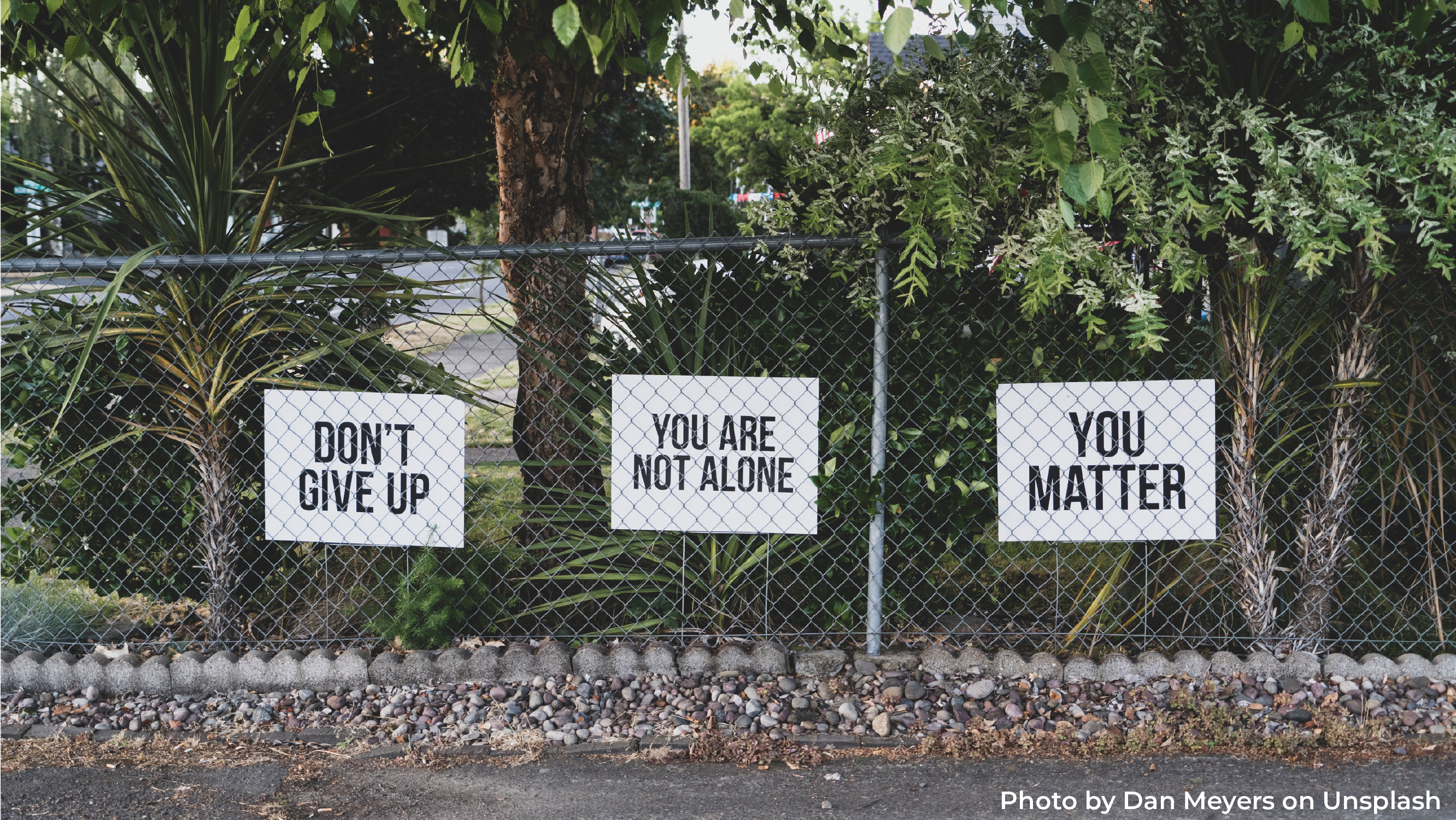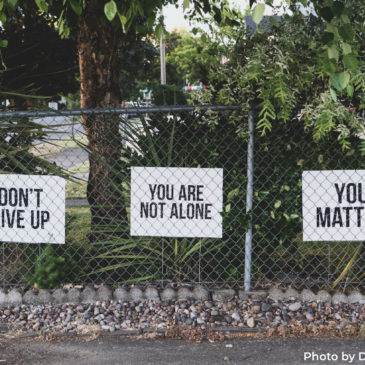“Look, everybody faces pain. Everybody has trauma.
There’s addiction in every family. I was in that darkness.
I was in that tunnel—it’s a never-ending tunnel.
You don’t get rid of it. You figure out how to deal with it.”
– Hunter Biden in the New Yorker
Thirteen years ago, the Division on Addiction published an editorial that discussed stigma and addiction. We argued that stigma, and stigma-related discrimination, are leading insults against people who have addiction. This discrimination is made real when people with addiction are criminalized, used as comedic or political punchlines, or denied treatment after relapse. Neuroscientific research suggests that stigmatization of people with addiction might occur at a very deep level of information processing, dehumanizing those who have addiction. Such dehumanization is likely to have profound consequences. In fact, we noted that, “[t]he ideas that society holds about addiction can have complex consequences for the support that is available, the punishments exerted, and the likelihood of recovery from addiction. If society continues to view people with addiction as less than human, recovery will continue to be just out of reach.”
 Although one might optimistically hope that things have changed since we first wrote about stigma and addiction, unfortunately, it is apparent that addiction remains stigmatized. One week ago, during the most recent presidential debate, among the many alarming claims and statements, including failure to condemn white supremacy, minimization of the climate change crisis, and inability to provide a clear and coherent plan for healthcare in the United States during a worldwide public health crisis, the president of the United States used his platform to smear Vice President Joe Biden’s son for his substance use disorder. While the Vice President was talking about his deceased son Beau Biden to make a point about respect for military veterans, the President aggressively interrupted to say, “Hunter got thrown out of the military…He was thrown out, dishonorably discharged for cocaine use. And he didn’t have a job until you were vice president.” By raising Hunter Biden’s experience with addiction in a deceptive way for political points in a debate on an unrelated topic the President revealed his position on recovery: even if you have overcome addiction, you will continue to be judged adversely by your most difficult moments.
Although one might optimistically hope that things have changed since we first wrote about stigma and addiction, unfortunately, it is apparent that addiction remains stigmatized. One week ago, during the most recent presidential debate, among the many alarming claims and statements, including failure to condemn white supremacy, minimization of the climate change crisis, and inability to provide a clear and coherent plan for healthcare in the United States during a worldwide public health crisis, the president of the United States used his platform to smear Vice President Joe Biden’s son for his substance use disorder. While the Vice President was talking about his deceased son Beau Biden to make a point about respect for military veterans, the President aggressively interrupted to say, “Hunter got thrown out of the military…He was thrown out, dishonorably discharged for cocaine use. And he didn’t have a job until you were vice president.” By raising Hunter Biden’s experience with addiction in a deceptive way for political points in a debate on an unrelated topic the President revealed his position on recovery: even if you have overcome addiction, you will continue to be judged adversely by your most difficult moments.
As Hunter Biden’s quote at the start of this editorial conveys, the nature of recovery is complex. Dr. Katie Witkiewitz and her colleagues recently reviewed historical definitions and related scientific literature to answer the question, “What is recovery?” They correctly recognize that answering this question is necessary to advance our understanding of addiction and support individuals’ return to health. Yet, they observed that stakeholders have defined recovery diversely, which makes it difficult to form a coherent picture of how recovery is accomplished and what status represents recovery from addiction. Importantly, they note that, “operationalizing recovery [from alcohol use disorders, AUD] may help to reduce the stigma associated with AUD by highlighting its possibility and prevalence and by providing both hope and a positive characterization of the AUD recovery process.” Dr. Witkiewitz and colleagues also observed that whereas early definitions of recovery often focused on consumption metrics like the amount one drinks, and abstinence in particular, today, definitions of recovery tend to be more process oriented. The latter approach is backed by empirical evidence that suggests things like ability to engage in self-care, improvements in life outlook, social identity shifts, and changes in social networks represent key aspects of recovery. Such findings confirm that there are many different elements to overcoming addiction beyond consumption, and help remind us that recovery should be understood from a person-focused perspective. They conclude by offering the following definition of recovery: “…a process of behavior change characterized by improvements in biopsychosocial functioning and purpose in life.”
As we indicated earlier this year, the wild ride of 2020 creates risk for sustained recovery. Perpetuating stigmatizing ideas using a large public platform adds unnecessary complication and insult to those who are attempting to enter and/or maintain recovery. But, solutions are available. As we wrote, key elements of sustaining recovery during the COVID-19 pandemic include (1) having a plan for recovery and working it, (2) relying on escape and avoidance skills, (3) activating supportive social networks, and (4) identifying paths for support that accommodate today’s public health needs, such as self-help or telemedicine options. As we strive and look forward to life post-pandemic, creating and fostering a supportive environment recognizes the challenges of recovery and provides opportunities to overcome them. Likewise, giving voice to the diversity and experiential aspects of recovery will hopefully help end destructive tendencies toward addiction-related stigma and discrimination.
Debi A. LaPlante, Ph.D.
Assistant Professor, Harvard Medical School
Director, Division on Addiction
Acknowledgements
I am grateful to Drs. Heather Gray and Howard Shaffer for comments on this editorial.
Funding Statement
The Division on Addiction currently receives funding from the Addiction Treatment Center of New England via SAMHSA; EPIC Risk Management; The Foundation for Advancing Alcohol Responsibility (FAAR); DraftKings; the Gavin Foundation via the Substance Abuse and Mental Health Services Administration (SAMHSA); GVC Holdings, PLC; The Healing Lodge of the Seven Nations via the National Institutes of Health (National Institute of General Medical Sciences and National Institute on Drug Abuse); Health Resources in Action via the Massachusetts Department of Public Health Office of Problem Gambling Services; The Integrated Centre on Addiction Prevention and Treatment of the Tung Wah Group of Hospitals, Hong Kong; St. Francis House via the Massachusetts Department of Public Health Bureau of Substance Addiction Services; and the University of Nevada, Las Vegas via MGM Resorts International.
During the past five years, I have served as a paid grant reviewer for the National Center for Responsible Gaming (NCRG; now International Center for Responsible Gaming), received travel funds, speaker honoraria, and a scientific achievement award from the ICRG, have received speaker honoraria and travel support from the National Collegiate Athletic Association, received honoraria funds for preparation of a book chapter from Université Laval, received publication royalty fees from the American Psychological Association, and received course royalty fees from the Harvard Medical School Department of Continuing Education. I am a non-paid member of the New Hampshire Council for Responsible Gambling.





Donald Forbes October 17, 2020
A very good article Debi